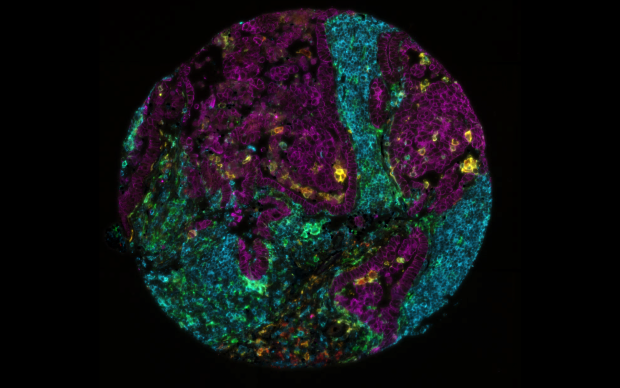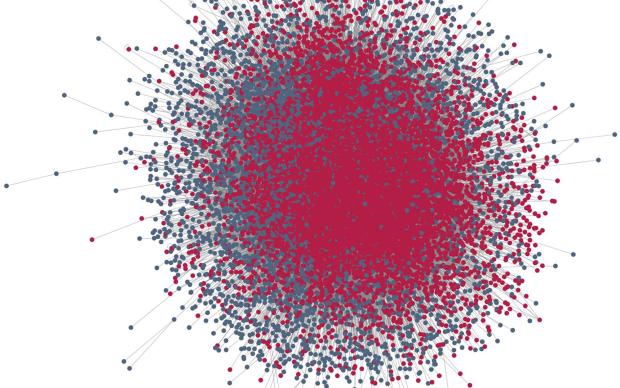Last week, we announced a series of communications highlighting SIB’s development axes for the years to come. Leveraging the biocuration expertise of the Institute in the context of personalized health is one of them, be it at the genomic level – with the Swiss Variant Interpretation Platform (SVIP) for example – or, increasingly, in other omics areas.
Swiss-Prot: a world flagship of biocuration
Thirty-two years after its creation and with some 50 employees, SIB’s Swiss-Prot group continues to be internationally recognized for its expertise in biocuration. Swiss-Prot covers protein sequences, their functions, and sequence variants (UniProtKB/Swiss-Prot and also ViralZone, HAMAP and PROSITE), as well as metabolites and metabolic reactions (SwissLipids and Rhea), which also feature prominently in many human diseases. For more insights into the work of Swiss-Prot, read the interview of its director Alan Bridge on the future of biocuration.
Biocuration, a key building block of personalized health
With the advent of molecular medicine, clinicians from around the world are turning to carefully annotated knowledgebases to assess the pathogenicity of a specific variant, guide their diagnosis, or pinpoint associated drugs.
In this context, the role of biocurators – those expert biologists who are able to extract most relevant and valuable information from the growing biomedical literature into knowledgebases – will take on increasing importance.
Working with clinicians and bioinformaticians, biocurators will form an essential building block of pluridisciplinary personalized medicine programs in Switzerland and internationally.
A curated platform to harmonize variant interpretation
A concrete example can be seen with the SVIP project that has recently started under the co-leadership of the SIB Clinical Bioinformatics Group. Its purpose is to harmonize the clinical interpretation of variants across Swiss hospitals.
Initially targeting variants associated with cancer, the platform will combine clinical data from hospital partners with publicly available information from international projects (e.g. ClinVar, CIViC) and published literature, sourced by expert biocurators from SIB groups such as the Swiss-Prot Group (see box).
From genomic variants to proteins - and beyond
The human protein knowledgebase neXtProt has also been working on leveraging its information towards the clinical world: initially designed to help researchers find out what human proteins do in our bodies, the Group developing the resource, CALIPHO, has been generating a corpus of annotations on the impact of protein sequence variations in cancers and genetic diseases. These so called "phenotypic" effects encompass changes in the activity of the protein, its stability as well as its interactions with other proteins or drugs.
While most information currently used by clinicians today is at the genomic level, the rise and integration of other ‘omics’ such as proteomics, lipidomics or transcriptomics means that expert curated resources developed by SIB Groups (e.g. SwissLipids, Glycomics@ExPASy, Bgee, EPD) – will be crucial to advance our understanding of diseases, improve biomarker discovery or support the development of personalized medicine programs.












